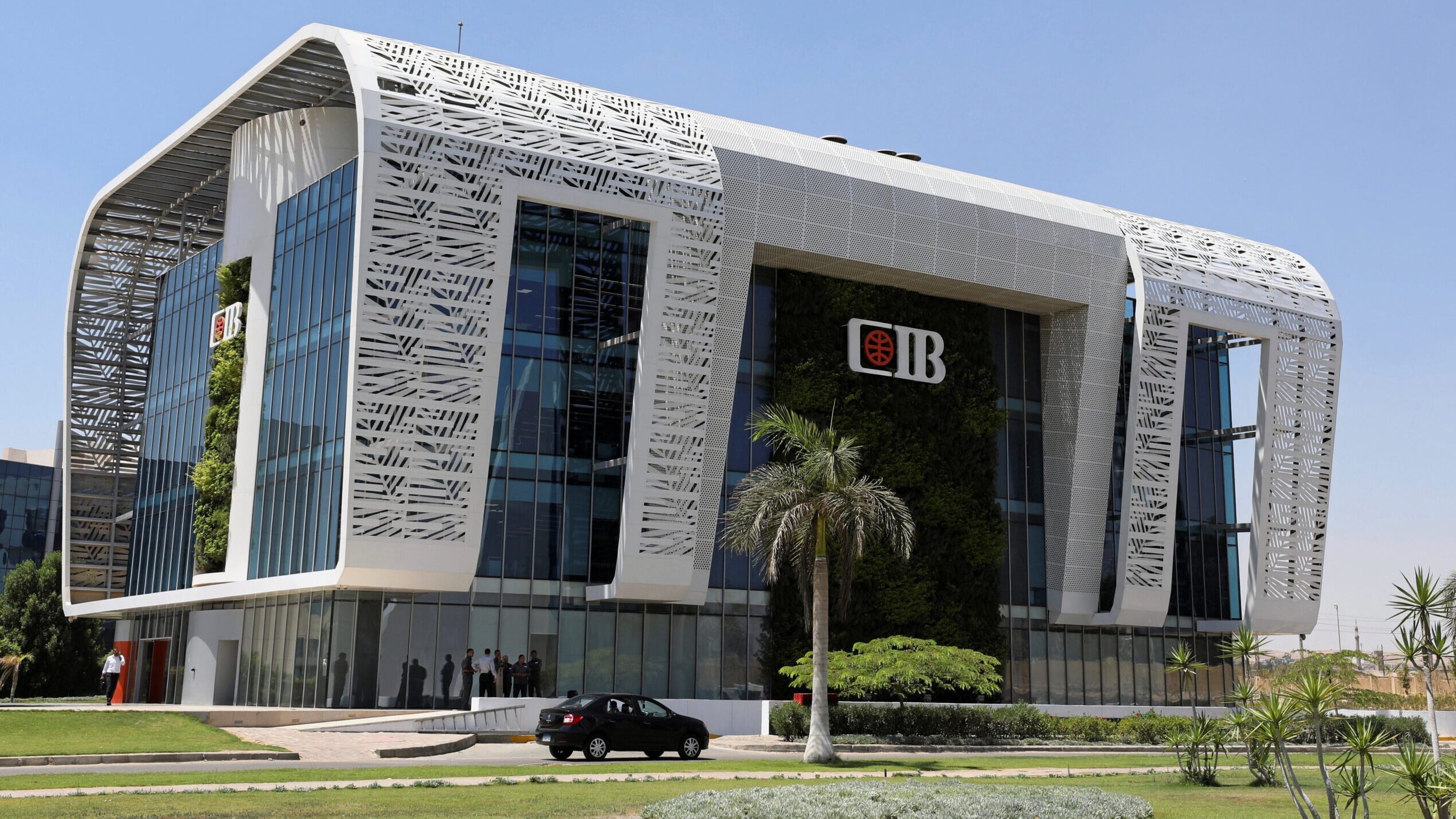Egypt’s decision to scrap a monthly fixed customs exchange rate could lead to higher inflation in the coming months if the Egyptian pound declines significantly against the dollar, analysts said. Egypt last Sunday cancelled the monthly customs exchange rate that it introduced in January 2017 following the flotation of the pound in November 2016, and will once again set the rate daily, reported Reuters.
Egypt had set the customs exchange rate at 16 Egyptian pounds to the dollar for essential items and at a fluctuating rate adjusted monthly for non-essential goods. “The main concern is any big increase in the foreign exchange rates. In that case, inflation rates will soar,” Esraa Ahmed, a senior economist at Shuaa Securities, told Reuters.
Traders potentially taking advantage of the floating rate to raise prices would also pose a challenge, she said. Egypt’s headline inflation slowed to its lowest in nearly four years to 8.7 percent in July from 9.4 percent in June. From Sept. 1, customs duties on all imports will be estimated according to the foreign currencies exchange rates announced by the central bank, the Finance Ministry said on Sunday.
The monthly customs exchange rate was scrapped due to “the disappearance of the exceptional circumstances” that led the government to apply it, the ministry said, adding the customs rate and the central bank’s exchange rates have now converged. The Egyptian pound has appreciated around 7 percent against the dollar in the year to date.
The scrapping of the monthly exchange rate “may have a slight impact on prices and inflation”, said Mohamed Abu Basha, an economist at Egyptian investment bank EFG Hermes. Radwa El-Swaify, head of research at Pharos Securities Brokerage, said the decision was a sign that the authorities were confident that the exchange rate would remain relatively stable in the near-term.
“The timing was suitable to abolish the customs (rate) without much impact on prices, but price fluctuations may occur due to any fluctuation in the exchange rate in the future,” said Sara Saada, chief economist at Egyptian investment bank HC Securities.
SOURCE: Middle East Observer

Ethiopia has cleared the way for Safaricom to introduce M-Pesa in the market of 110 million people after deciding to include the ...

Egyptian largest private sector bank by assets Commercial International Bank (CIB) is seeking to acquire more banks to strengthen ...

The European Investment Bank and International Solar Alliance have published a study outlining access solutions to overcome key ...

Kenya has been ranked the top country in the world in reducing population with no access to electricity, pointing to the impact ...